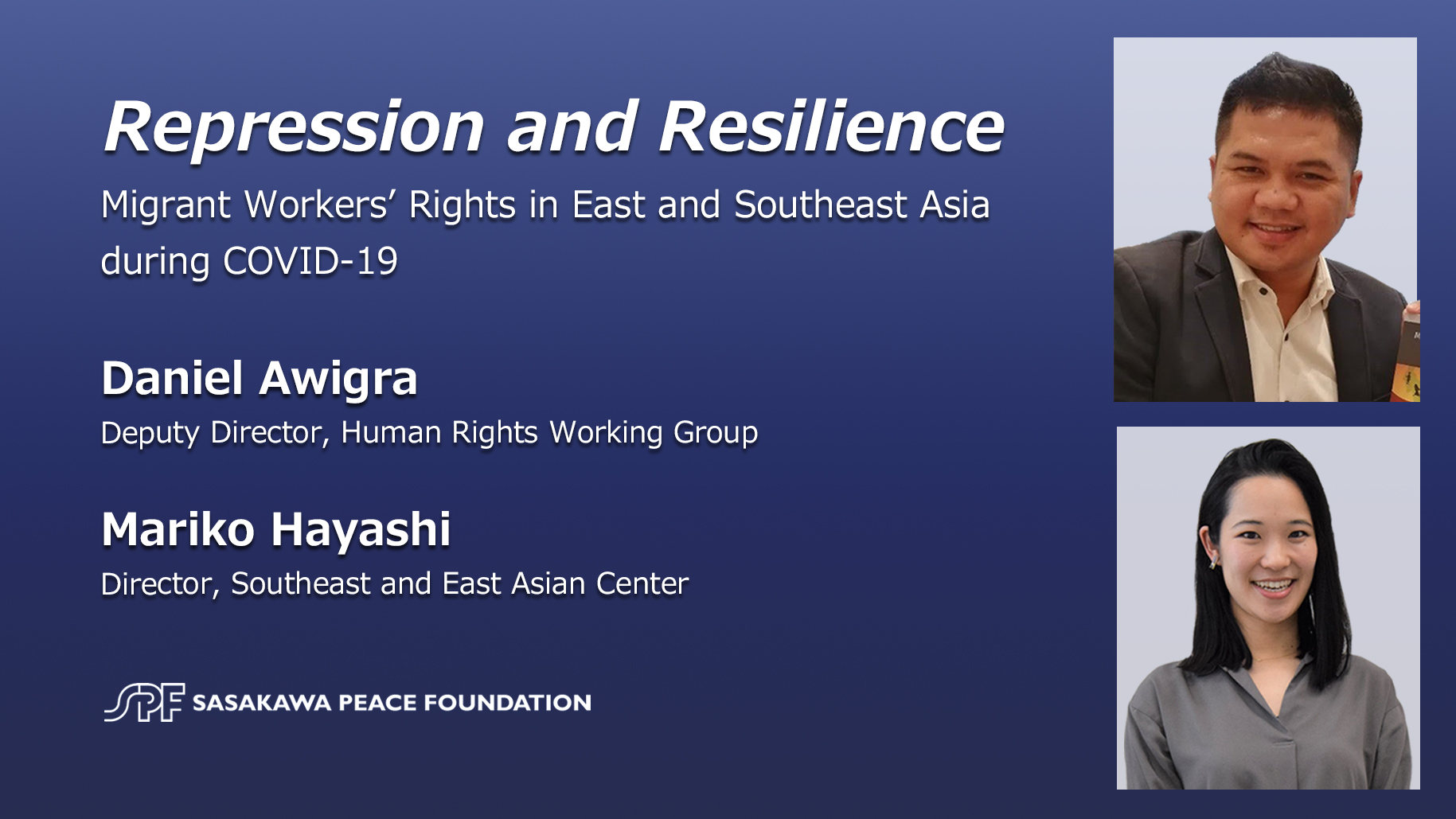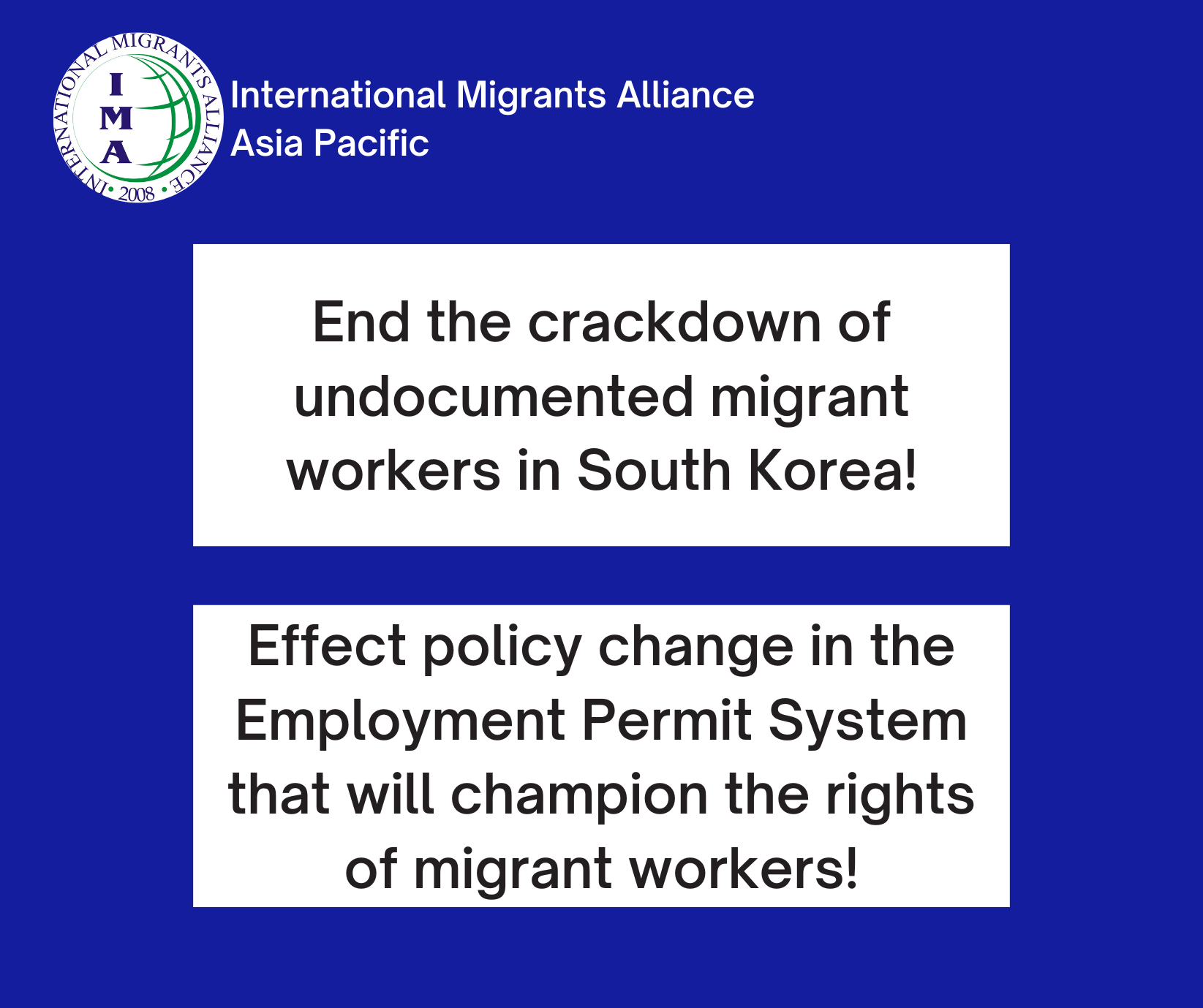Cracks appear in MAGA world over foreign worker visas – that’s the headline grabbing attention across the political spectrum. The debate isn’t just about economics; it’s a clash of ideologies within the MAGA movement itself. This article explores the economic arguments for and against foreign worker programs, examining their impact on the US economy and the differing viewpoints within the MAGA base.
We’ll delve into the social implications, exploring concerns about cultural integration and community cohesion, and analyze the political divisions fueling this contentious issue. Finally, we’ll look at potential policy reforms and their potential consequences.
The economic impact is significant. Industries like agriculture and hospitality heavily rely on foreign workers. Restricting access could have serious repercussions, impacting GDP and tax revenue. However, some within the MAGA movement argue that foreign workers depress wages for American citizens and negatively impact job availability. Understanding these diverse perspectives and the potential for internal conflict within the MAGA movement is crucial to grasping the complexities of this debate.
The Economic Realities of Foreign Worker Visas in the MAGA World
The debate surrounding foreign worker visas within the MAGA movement reveals a complex interplay of economic anxieties, social concerns, and political maneuvering. Understanding the various perspectives and their underlying arguments is crucial to navigating this multifaceted issue.
Economic Impacts of Foreign Worker Programs

Foreign worker programs exert a significant influence on the US economy, impacting both businesses and workers. While proponents highlight the economic benefits, critics raise concerns about potential drawbacks, particularly for those within the MAGA movement who prioritize domestic job security.
Industries like agriculture, hospitality, and construction are heavily reliant on foreign workers. Restricting their access could lead to labor shortages, increased production costs, and potentially higher prices for consumers. Conversely, some argue that an influx of foreign workers depresses wages for low-skilled American workers.
Data from the Bureau of Labor Statistics and the Department of Homeland Security could illustrate the contribution of foreign workers to GDP and tax revenue. While precise figures are difficult to isolate, it’s generally accepted that foreign workers contribute significantly to both.
So, the cracks are showing in the MAGA world’s stance on foreign worker visas – it’s a bit of a messy situation, right? Think of it like those unexpected plot turns in movies; you know, like the stuff they pull in 7 Things Gladiator 2 Treats Like Plot Twists Even Though We’ve seen before. Ultimately, this visa issue highlights the complexities of immigration policy and the challenges of sticking to a single, unwavering narrative.
| Faction | Stance on Visas | Economic Arguments | Potential Impacts |
|---|---|---|---|
| Pro-Immigration MAGA | Support with reforms | Increased economic output, filling labor shortages, specialized skills | Economic growth, increased tax revenue, potential wage increases in some sectors |
| Protectionist MAGA | Significant Restrictions | Protecting American jobs, lowering wages for low-skilled workers, reducing competition | Potential labor shortages, higher consumer prices, slower economic growth |
| Nativist MAGA | Complete Ban | Prioritizing American workers, preserving national identity, halting cultural change | Severe labor shortages, economic disruption, significant negative impact on specific industries |
| Pragmatic MAGA | Targeted reforms, merit-based system | Balancing economic needs with concerns about wages and job displacement, ensuring fair competition | More efficient allocation of labor, potential economic growth, addressing specific labor market needs |
Social Implications and Cultural Concerns

The presence of foreign workers raises various social concerns, often centered around cultural integration and community cohesion. Some within the MAGA movement express anxieties about the potential strain on social services and the impact on national identity.
Concerns about maintaining community cohesion and cultural integration are valid and require thoughtful consideration. Different viewpoints exist regarding the impact of immigration on national identity and social fabric, ranging from concerns about assimilation to celebrations of cultural diversity.
- Implementing robust language training programs.
- Promoting cross-cultural understanding through community events and initiatives.
- Ensuring access to social services for all residents, regardless of immigration status.
- Creating pathways to citizenship that encourage integration.
- Addressing misinformation and promoting positive narratives about immigration.
Political Divisions Within the MAGA Movement, Cracks appear in Maga world over foreign worker visas
The MAGA movement is not monolithic in its views on foreign worker visas. Differing factions exist, each with unique perspectives and arguments.
For example, some factions within the MAGA movement prioritize economic growth and view foreign workers as essential for filling labor shortages. Others prioritize protecting American jobs and express concerns about wage depression. The influence of political leaders and media personalities in shaping these opinions is undeniable, often contributing to the polarization of the debate.
The potential for internal conflict and fracturing within the MAGA movement over this issue is significant, as different factions prioritize competing values and goals.
Policy Reforms and Potential Solutions

Addressing the concerns of both proponents and opponents requires carefully crafted policy reforms. These reforms could include a merit-based system prioritizing skilled workers, increased enforcement against employers who exploit foreign workers, and investment in programs that support the integration of immigrants into the workforce.
The political consequences of different policy approaches are significant. Policies perceived as overly restrictive could alienate moderate voters, while policies perceived as overly lenient could further inflame existing divisions within the movement.
Examples from other countries, such as Canada’s points-based immigration system, could offer valuable insights for potential reforms. Such policies, while not without their challenges, demonstrate that it’s possible to manage immigration in a way that addresses both economic needs and social concerns.
Visualizing the Debate

A visual representation could depict the different factions as distinct shapes, each with a unique color and symbol. For instance, a pro-immigration faction might be represented by a rising sun (representing economic growth) in a bright yellow, while a protectionist faction might be depicted as a shield (representing protection of American jobs) in deep red. The size of each shape could reflect the relative influence of each faction within the movement.
Connecting lines between shapes could illustrate alliances or conflicts between factions.
Final Summary
The debate surrounding foreign worker visas within the MAGA movement reveals deep fissures, highlighting the tension between economic realities and social anxieties. While some champion the economic benefits of foreign workers, others express concerns about cultural impact and job displacement. This internal struggle within the MAGA movement underscores the need for nuanced policy solutions that address both economic needs and social concerns.
Finding a common ground requires open dialogue and a willingness to consider alternative perspectives, paving the way for a more comprehensive and equitable immigration policy.
Question Bank: Cracks Appear In Maga World Over Foreign Worker Visas
What specific industries are most reliant on foreign workers?
Agriculture, hospitality, and construction are among the industries most dependent on foreign workers.
What are some examples of successful immigration policies in other countries?
Canada’s point-based system and Australia’s skilled migration program are often cited as examples of successful immigration policies.
So, cracks are showing in the MAGA world’s stance on foreign worker visas – it’s getting messy. This whole debate reminds me of the recent political spat where Battin rejects ‘extreme’ slur, accuses Labor of running scared , highlighting the intense divisions even within their own ranks. Ultimately, the visa issue reflects a similar struggle for internal coherence within the MAGA movement.
How do the different MAGA factions justify their positions on foreign worker visas?
Arguments range from economic concerns about wage depression to social concerns about cultural assimilation. Some factions prioritize economic growth, while others prioritize preserving what they see as traditional American culture.
So, the cracks are showing in the MAGA world’s stance on foreign worker visas, right? It’s a whole mess of conflicting priorities. This reminds me of a related issue: check out this article on how Canada needs to improve tracking of foreign student departures – Canada should better track foreign student departures: criminologist – because similar problems arise with oversight and accountability.
Ultimately, both situations highlight the complexities of managing international migration policies effectively.
What are the potential long-term consequences of restricting foreign worker visas?
Potential consequences include labor shortages, economic slowdown, and increased costs for goods and services.